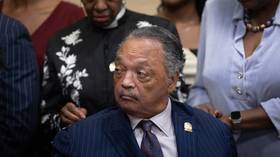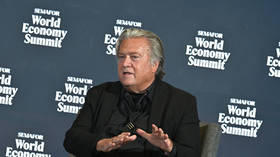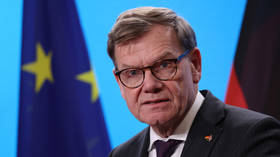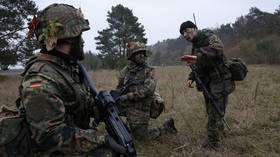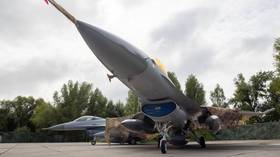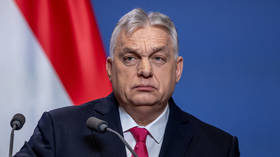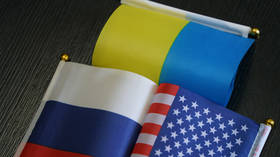US shares blame in ruined ties with Russia – Clinton’s defense secretary
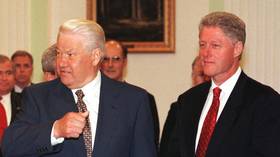
The US antagonized Russia by ignoring its post-USSR suffering and intrinsic security interests and needs to acknowledge this before ties with Moscow can be mended, William Perry, who served as secretary of defense under President Bill Clinton has said.
Perry, a veteran advocate for the reduction of weapons of mass destruction, called for some introspection in Washington DC in an opinion piece published on Monday by the outlet Outrider.
Subsequent US administrations pursued policies that antagonized the Russian people after the collapse of the USSR, Perry argued. The US didn’t care much about the suffering that Russia’s transition to a capitalist economy brought and ignored Russian concerns about NATO’s encroachment on its borders, he said.
“The combination of the West failing to act during Russia’s financial crisis, and ignoring their strongly-held views on NATO expansion, reinforced a prevailing Russian belief that we didn’t take them seriously,” the article said. “Indeed, many in the West saw Russia only as the loser of the Cold War, not worthy of our respect.”
Perry, who headed up the Pentagon between 1994 and 1997, was a strong supporter of a program called Partnership for Peace. This was a compromise that allowed Eastern European nations and Russia to train with NATO troops but, in a nod to Russian objections, didn’t bring former Warsaw Pact nations into NATO.
The Clinton administration ultimately pushed for a formal expansion of the military bloc, setting the stage for an increasingly tense relationship with Russia that culminated in the ongoing crisis in Ukraine.
The American attitude pushed Russians towards supporting Vladimir Putin, a person he describes as “an autocratic leader who would instead demand respect and power through force.” Perry said he considers the Russian leader an enemy of the US but argued that “there is no organic reason” why Russia itself should be one.
“We must work to rebuild connections with Russia, treat the Russian people with respect, and rebuild our relationships, in the hopes that we can once again return to the path of friendship,” he concluded.



